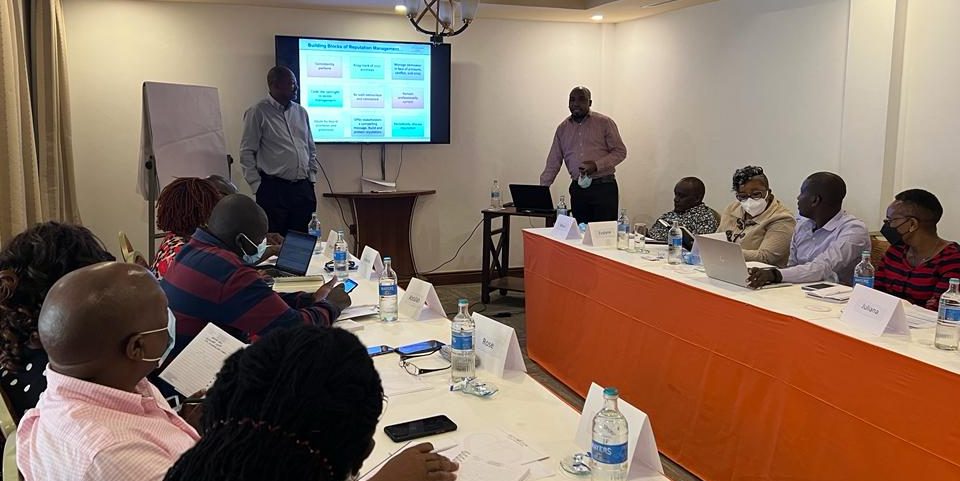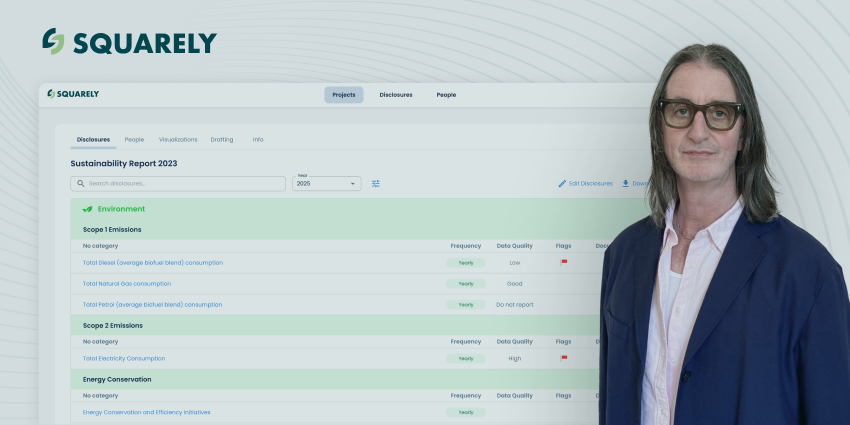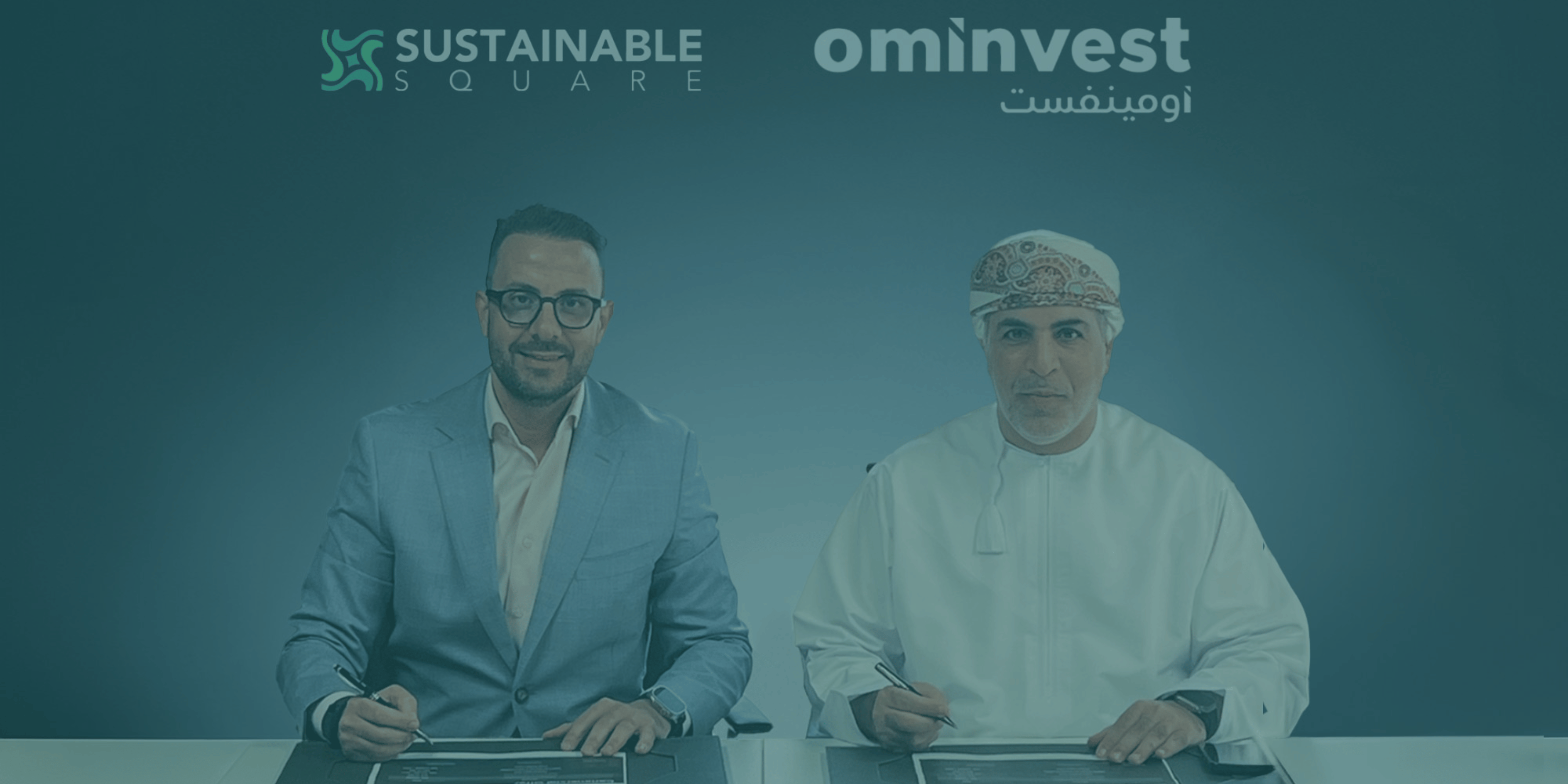Discussing Organisation Boards and Their Roles in Delivering ESG Success: Sustainable Square Kenya
ESG has grown from a foreign concept to a well-accepted, much sought after, must-do practice for all brands across sectors.
Sustainable Square Kenya had a chance to participate in this year’s 21ST Century Boards Programme – 2022, organised by The Leadership Group from the 22nd – 24th of June 2022 at Sarova Whitesands Mombasa – Kenya.
This year’s event brought together senior managers and board members of various business and government departments under the theme: 21st Century Boards: Building Effective Boards that Deliver Excellent Performance. The event invited a participatory approach where delegates were able to share their own experiences and expectations from the sessions.
Environmental Social and Governance Practices
During the event Sustainable Square Kenya discussed Environmental, Social and Governance practices in two of the sessions: Board Governance of ESG and Board’s Role in Corporate Citizenship/Stakeholder Relations.
The presentations covered key areas of ESG; the Fundamentals of ESG, Business Case, Strategy and Integration, and Reporting.
Highlights on ESG
- ESG has grown from a foreign concept to a well-accepted, much sought after, must do practice for all brands across sectors. This was evidenced by the enthusiasm and participatory nature of the participants throughout the event.
- Covid-19 pandemic acted as a wake-up call for most organisations to self-assess on social risks that would affect a company’s brand reputation, bottom line and with the persistence of climate change impacts across the globe, the need to consider ESG as a means of assessing and managing potential business risks.
- Most or all of the participating organisations were engaged in some form of ESG practise (knowingly or not) and have made some progress in the implementation of the same. Participants were able to highlight various Environmental, Social and Governance topical areas being activated in their brands, selected from a provided set of topics in the presentation.
- There’s a need for capacity building on the specifics of ESG integration and reporting – especially in Strategy Formulation, Stakeholder Engagement/ Materiality and Disclosure
- Brands’ top management and boards need to embrace sustainability and champion it in their organisations for it to succeed. Participants whose top management had embedded sustainable business practices were already reaping the benefits in the value created.
- There’s still the concern of financial implications of implementing ESG practices in a number of organisations and thus the need for continued training on sustainability as a shared value concept.
Over and above these observations, businesses in the East African region continue to commit to best practices in ESG integration and reporting. Regulatory bodies and business associations have also taken the initiative to provide guidelines and metrics for disclosures on various ESG issues such as;
- The Nairobi Securities Exchange has issued an ESG Disclosure guidance manual
- The Central bank of Kenya issued a guidance on Climate-related risk management and many other upcoming requirements
We commend The Leadership Group for their exemplary work in business leadership training and coaching, and in promoting responsible business practices in the region.
At Sustainable Square we will continue to support organizations to identify Environmental, Social, and Governance (ESG) Risks, empower them to become more resilient, up-scale their impact, and assist them in conducting their operations in a responsible and inclusive manner through:
ESG/Sustainability Materiality Analysis
Climate Change Scenario Analysis and Target Setting
Climate Change, NetZero & ESG Strategy Development
ESG & Climate Change Reporting and Disclosure
ESG Benchmarking, Ratings and Investor Analysis
Sustainable Finance & Responsible Investment
Social Impact & Philanthropy
For more information please contact:
Sustainable Square
Enock Nyachae – Sr Advisor ESG and Social Investment
The Leadership Group is an organisation that brings together industry experts to support current and upcoming leaders to develop and fully realize their potential in the ever-changing business market through 5 key pillars;
Executive Coaching & Mentorship
Governance and Board Practises
Culture and Change Management
Strategy and Business Advisory
Leadership and Communication
The Leadership Group
Dr. Martin Oduor-Otieno – Executive Director


